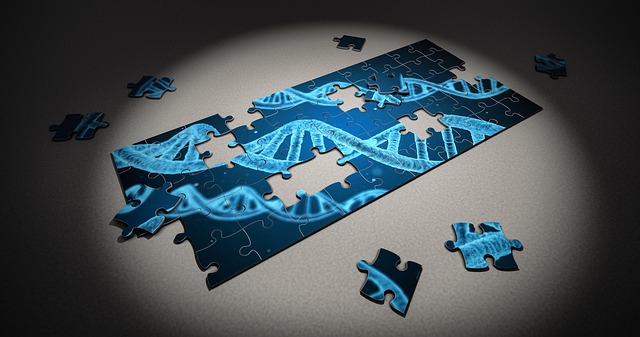In 2015, Jennifer Doudna, codeveloper of the CRISPR/Cas9 gene-editing technology, convened a meeting in Napa, Calif., aimed at setting the parameters for ethical use of the groundbreaking genomic technique. Her template for the proceedings was a meeting of scientists that took place in 1975 down the coast at the Asilomar Conference Center near Monterey. There, the pioneers of biotech agreed to stop laboratory work with recombinant DNA until they could reach a consensus on how and where experiments could be pursued safely.
Aggregated News

It is not surprising that Doudna, a professor of chemisty, biochemistry, and microbiology at the University of California, Berkeley, chose to model her event on the Asilomar conference. The science community still considers that meeting to be a model for vetting the safety, ethical implications, and societal impact of innovation.
Nor was it surprising that she was criticized for doing so. Societal concern over the impact of genomic research has risen steadily since the early days of biotechnology, and critics felt a meeting such as Doudna’s in 2015 needed to include voices from outside the laboratory—those of...



